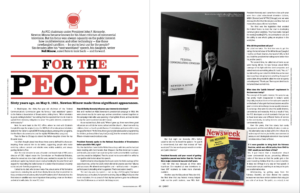Doug and Emmy Jo on The New Zoo Revue
Posted on November 1, 2023 at 3:10 pm
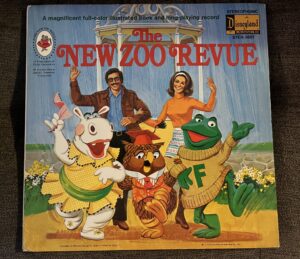
“New Zoo Revue” was a half-hour children’s television series with almost 200 episodes that ran in syndication from 1972-77 and then in reruns for many more years. It was colorful and tuneful and funny but most of all it was sweet and sincere, created by composer Doug Momary, who co-hosted with his wife, Emily Momary, as Emmy Jo. The human characters interacted with animals (people in costume), a frog, a hippo, and an owl, and the show used songs, skits, and games to teach children about kindness, problem-solving, manners, seasons, time, laughter, and promises. The show had a low-key, endearingly hand-made quality. In an interview, Doug and Emily talked about how they met, the lucky encounter that led to the show, and what it feels like to encounter people in their 50s and 60s who still remember the series and what they learned from it.
Where are you from and what were you doing before The New Zoo Revue?
Emily Momary: I’m originally from Texas, and I had gone to college, and lived in New York for three years. I had a theater background and graduated from the American Academy of Dramatic Arts. Then I went back to finish school at SMU and went out to California to do some summer stock, and that’s where I met Doug. I really fell in love with Doug because of his music. I was actually doing Portia in The Merchant of Venice that summer and Masha in The Three Sisters, so I had a lot to work on. I would hear music in one of the rooms, and I went in, and it was Doug. I would just sit there and listen to him playing his music and just fell in love with him.
Doug Momary: My background is also theater. I graduated from Cal State Fullerton, with a playwriting major. I had no idea how I was going to get into show business, but I just had a dream that one day I would have an opportunity. And that’s when I went up to do summer stock in Santa Maria, California and met Emily. And when we came back down to Hollywood, I had the opportunity to create a kid’s show.
“Given the opportunity?” By who? How? What were the parameters?
Doug Momary: My mom worked at a toy store, and the owner of that toy store, Barbara Atlas, had created a beanbag frog named Freddy. It was just a little frog that you could hold in your hand, a cute little beanbag frog.
Barbara was talking to my mom and saying, “I really want to do a kid’s show and base it around this frog. Do you know anyone who could help me?” My mom, being a good mom, being a good salesperson, said, “I think my son could help you.”
She arranged a meeting with Barbara, and I sat down with her, and she said, “I want to do a show, and you’ve got to use this frog. So that was the parameter.
I went home that night with my guitar. I wrote the song, sketched out the set, and developed some of the characters, and a couple days later I went in and presented it to her, and she said, “I’d really like this.”
What we wanted to do was not a show about one, two, three, or ABC, but a show about relationships. How do you get along? How do you treat people with respect and kindness and tolerance?
Your show appeared just after Sesame Street on PBS revolutionized children’s programming. Did you ever consult with experts in child development or education?
Doug Momary: I so wish we had. I don’t know how many child experts there were back then.
Emily Momary: We thought it was entertaining, you know, wholesome entertainment for kids. We just love kids, and I think we’re both, somewhere in our psyches, kids at heart. Doug had an instinct about what children would relate to. But we just had no idea of the impact the show would have. Now that our daughter has brought the show back through our Facebook page and we meet these kids that are now grown up and they’re in their 50s, some of them even in their early 60s, and we are hearing what it meant to them when they were little.
Some of them had very, very challenging childhood. Some of them were sick, and were in bed a lot, and our show was a comfort to them. And others, it just made them happy.
It’s been an amazing thing to find out the impact the show really had on the lives of those kids. I’ll tell you honestly, we were just excited to have this fun show to work on, and that’s really all we were thinking about.
Did you get letters or calls when the show was on the air to give you a sense of how it was being received?
Doug Momary: Really, no, they went to the corporate office. And we never saw them – until years later, like just six months ago, somebody found a bunch of letters in a garage sale and actually sent them to us. So, 40 years later, we were reading fan mail from six-year-olds, and it was just an eye-opener. They just wanted to say hi to the characters and tell us how much they loved the show and loved the songs.
And then we went to Comic-Con in San Diego in July, and to meet these people has been incredible.
Emily Momary: People just kept coming up, and there were lots of hugs and tears. We had grown men say, I wanted you as my parent. One man came up, and he said, “I’m so sorry, I’m crying.” And I said, “That’s okay. You go ahead and cry. I’ll probably cry too.” And he said, “My mother passed away recently, and I just remember always watching your show sitting on her lap.” So, you know, it had touched something deep inside him, and we heard that over and over and over again.
Doug Momary: We had grown men say, “I wanted you as my parent”
Emily Momary: Or just, “I had a pair of white boots because you had white boots.” I don’t like to use the word fan base, because I think of them more as family. They call themselves our “New Zoo Kids” now. And we feel that we have, it’s just wonderful, a relationship with all of these kids who are grown up now and have their own children, some have grandchildren.
I’m immensely proud of them. One of the wonderful things about going out there to San Diego was to find out what they’ve done with their lives and the careers that they’re in.
My goodness, we have educators and attorneys and musicians and people who are in the Internet field. It’s really wonderful to think of these little, tiny children that have grown up to do so well and make such wonderful contributions.

Are there any characters or songs or episodes that you hear about that they remember especially fondly?
Doug Momary: We did a show on telling the truth, and this guy came up and said, “I knew Freddie should tell the truth. I knew he should have come clean about his grave.” After all these years, this little song I wrote called “Tell the Truth,” and he remembered it.
You had some remarkable guest stars. Did you have any favorites among the guest stars who appeared on the show?
Doug Momary: We started having the guests stars because Emily was about to have our first child. We had to find some creative way to tell everybody that she was on a trip somewhere. And so they ushered in these guest stars.
I especially enjoyed having Henry Mancini as a guest star on our show. It was amazing because here I was, a young composer, sitting in a rowboat on Freddie’s pond with Henry Mancini.
I said, “Can I ask you a question, sir?” And he said, Sure.” “What recommendation do you have for a young composer like myself?” And he just said, “Keep on writing. That’s all I can say.” That was so inspiring and that’s really true as I found out all these years, that you just keep going, you just keep writing.
What kinds of productions are you doing now?
Doug Momary: For years, we’ve had our own production company in Las Vegas. I’m still doing production and directing and producing. I’m currently developing some new kids shows.

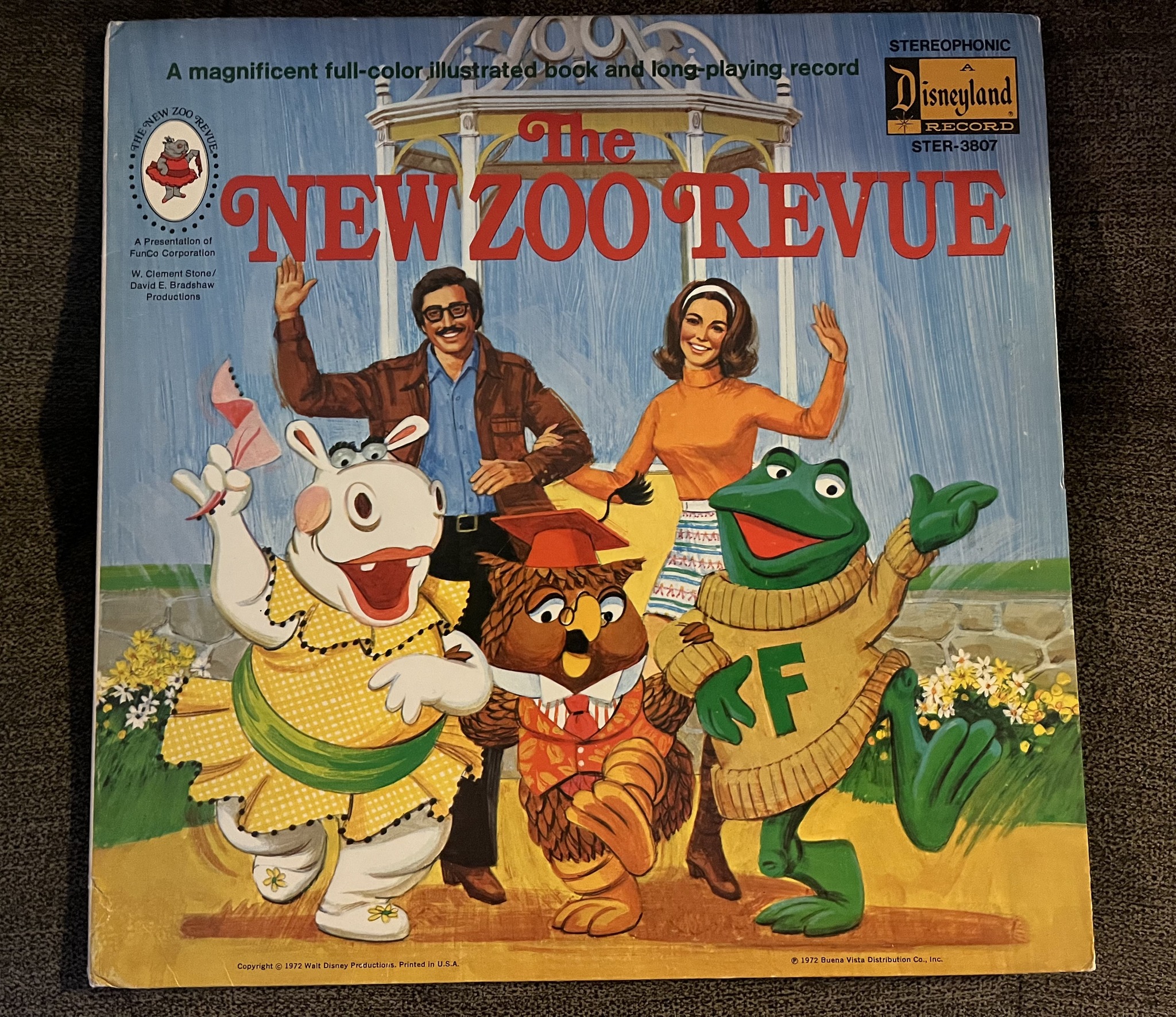
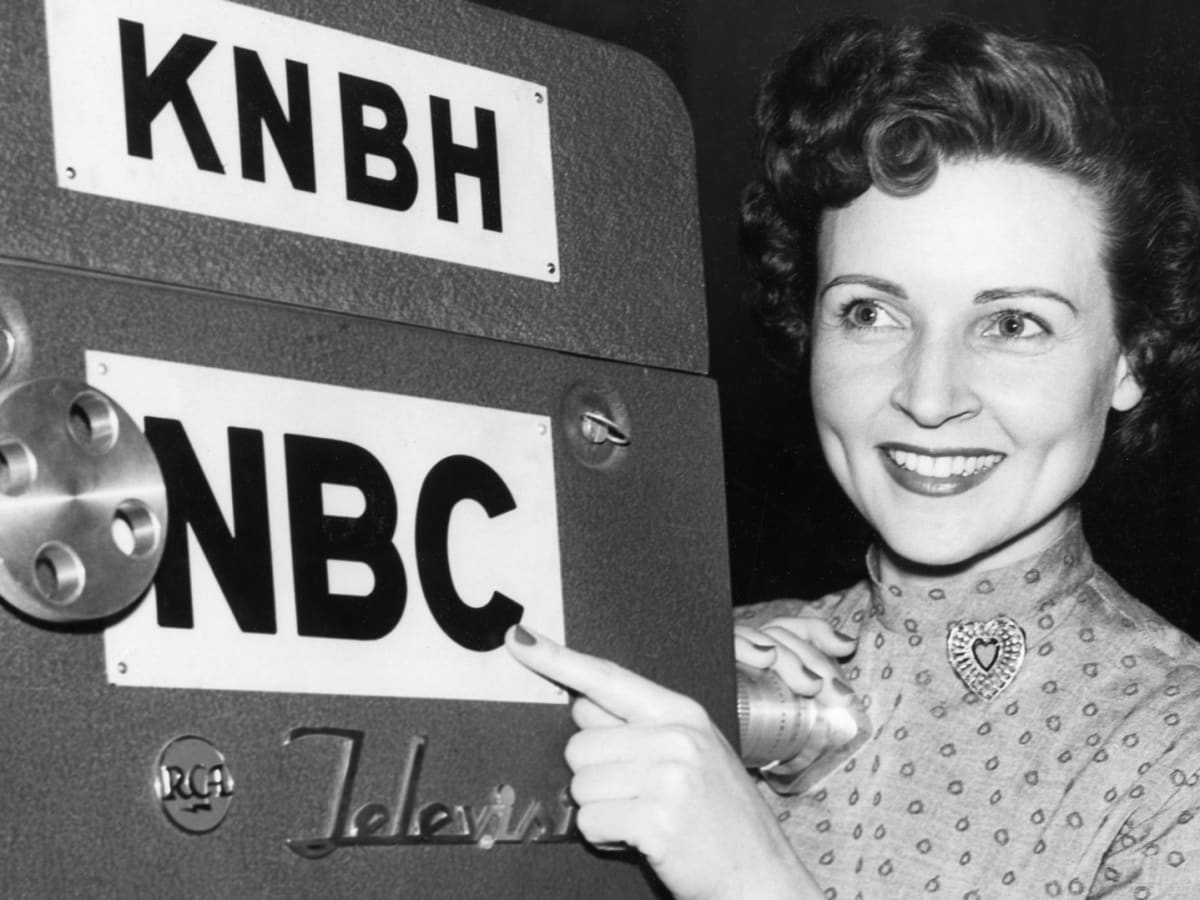
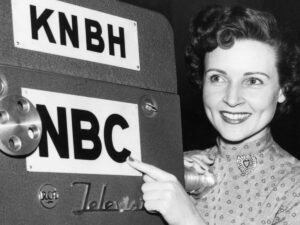 It was a privilege to write
It was a privilege to write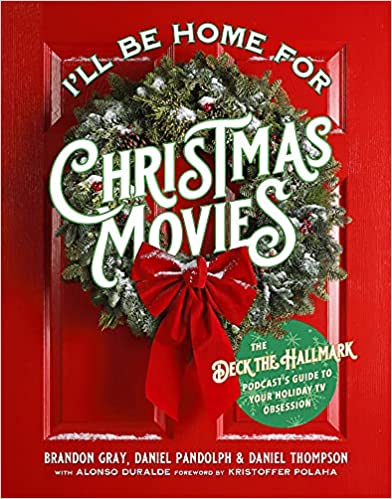
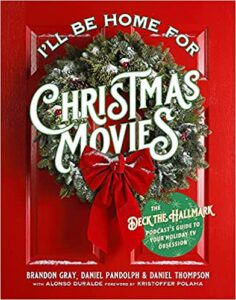
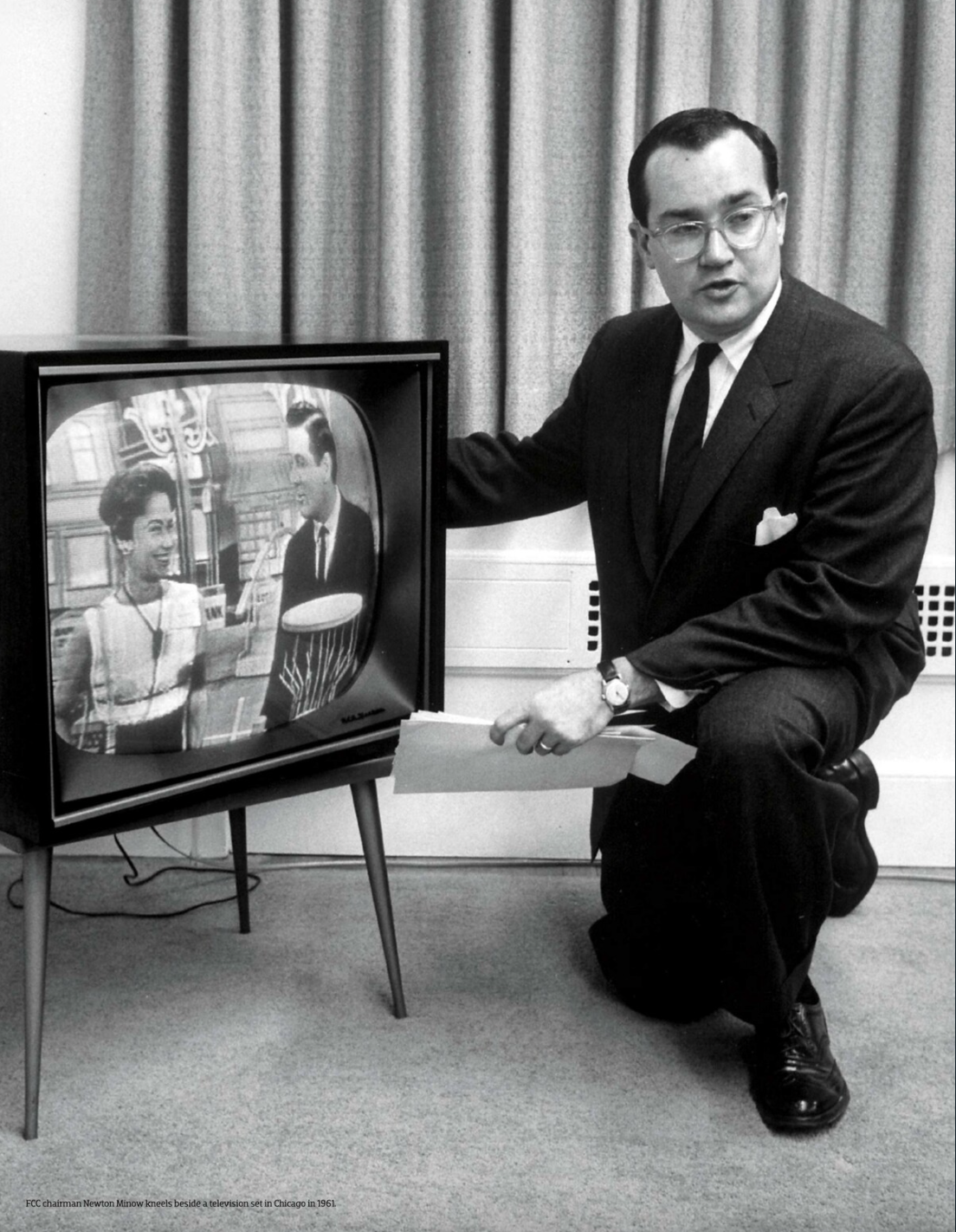
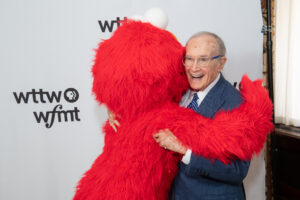 On May 9, 1961, my father, Newton Minow, delivered a speech that continues to inspire the conversation about media and has even been an answer on Jeopardy!
On May 9, 1961, my father, Newton Minow, delivered a speech that continues to inspire the conversation about media and has even been an answer on Jeopardy!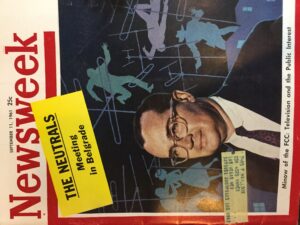
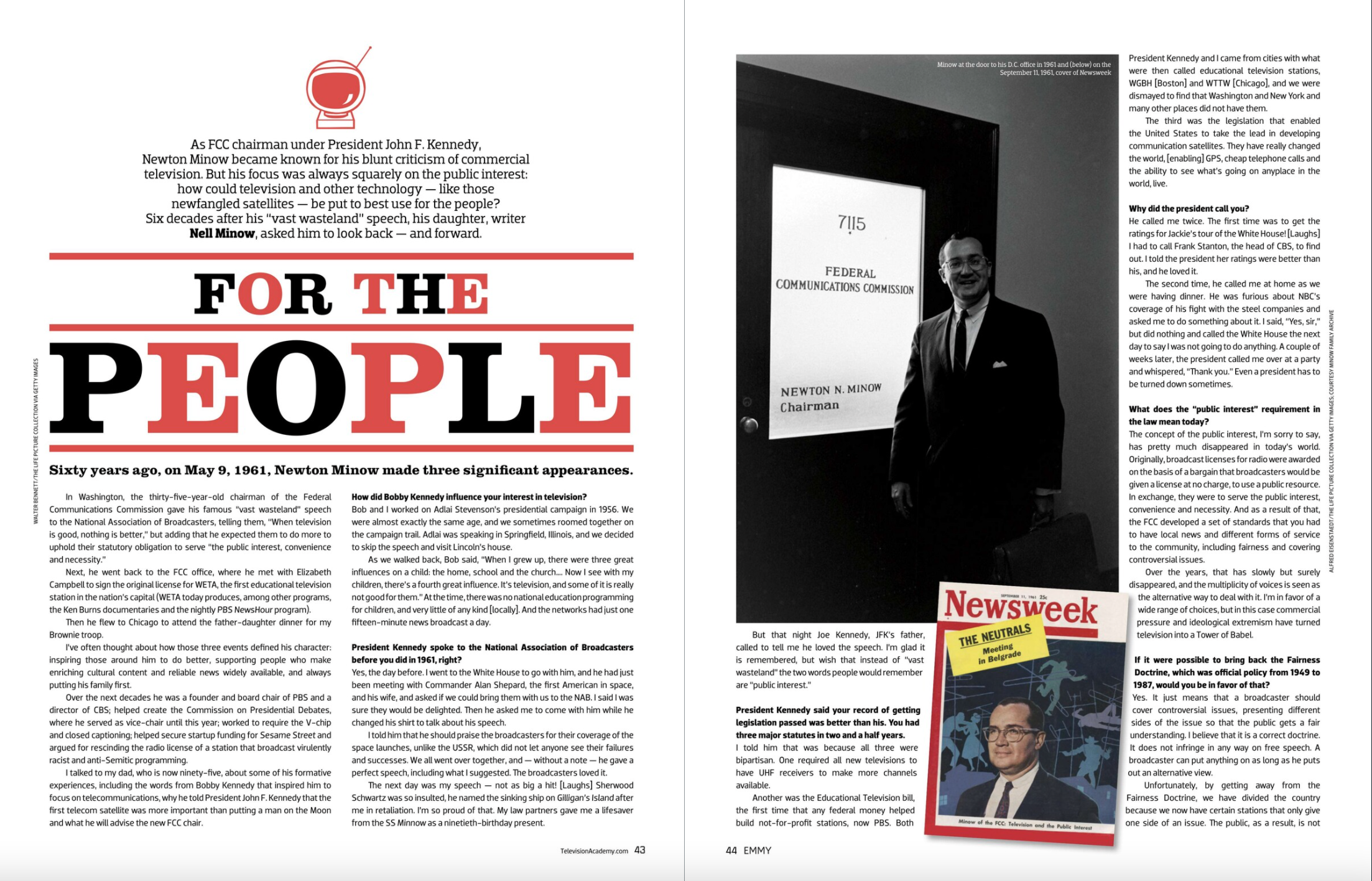
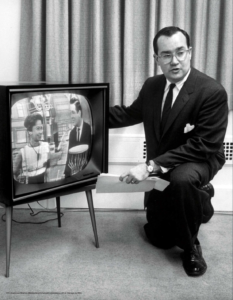 One of the great pleasures and honors of my life was the chance to
One of the great pleasures and honors of my life was the chance to 